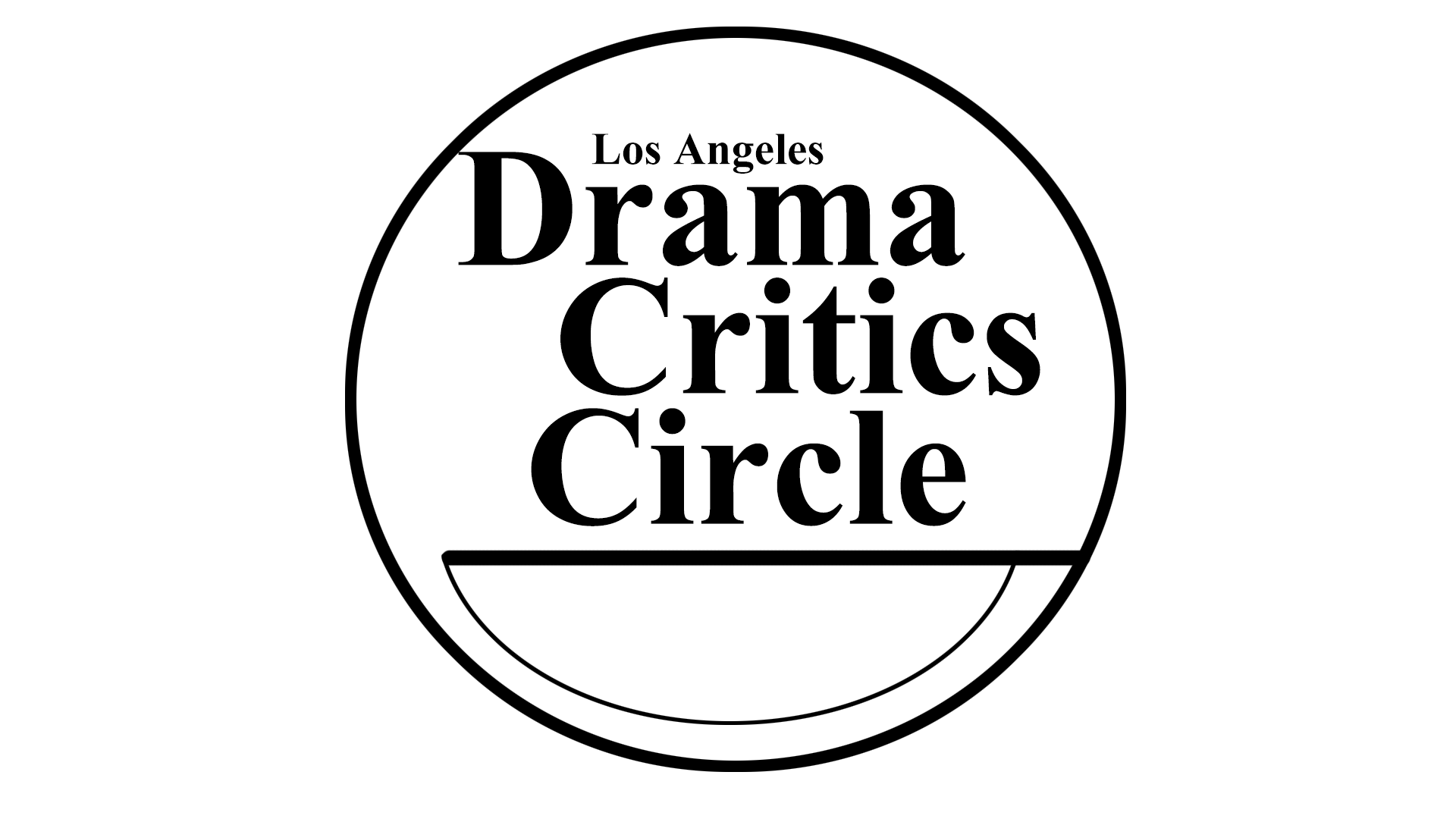The Los Angeles Drama Critics Circle views the impending changes of policy concerning the small theaters of the greater Los Angeles area with alarm. We are concerned that the inevitable result of such changes will be a drastic reduction in the amount and quality of local theater. Indeed, we foresee what could be the virtual demise of Los Angeles as a leading incubator of plays and theater of innovation and diversity.
As critics, we are the front lines of the audience. Thus, we are keenly aware of the importance of small theaters and the actors who perform at them to the cultural ecosystem of Los Angeles as a major metropolitan center for the arts. Our institutional theaters and touring roadshows provide a valuable and popular service, but they alone do not and cannot provide the vast spectrum of forms of expression which a great city requires. Within that spectrum, live theater plays an essential role.
Under current proposals, nearly all of the winners of our Margaret Harford Award for sustained excellence over the past dozen years – our highest honor – would be threatened with closure or, at best, severely curtailed activities. A majority of the shows recognized in our annual nominations and awards would likely have never been produced. Worse, the future would promise a vastly constricted, less diverse, less venturesome, less exciting theater scene.
The cultural loss would be incalculable, affecting the hundreds of productions staged annually in Los Angeles. The economic loss of all the businesses interdependent on that production output is calculable, but even without the numbers being run, we believe the net impact on the city could be catastrophic. If not of the order of magnitude of the recent threatened port closure, it is analogous in import and effect.
The inner workings of an artists’ association, like the management of a corporation, are not the public’s business unless or until the impact of those actions has a material adverse effect on civic life, the general welfare, the region’s economic well-being, or a city’s core identity. At that point, an association’s practices become an appropriate matter for intense public concern. In the current situation, it is of critical importance that discussion and debate concerning these developments take place openly and extensively in the public sphere by all affected stakeholders. The goal is a healthier, more diverse society that provides greater opportunity for all, including the freedom of artists to develop their talents as they believe themselves to be best served.
The current situation is urgent and dire. When an historic piece of eminent architecture is destroyed, a natural resource despoiled, or a species goes extinct, the loss is irreplaceable. Once the infrastructure that undergirds the best of Los Angeles small theater is destroyed, it cannot, realistically, be resurrected. By the time the pain is finally felt and the general outcry heard, the possibility of effective action will have already been long foreclosed.
The Los Angeles Drama Critics Circle urges all stakeholders in the cultural, civic and economic health of the region to involve themselves in learning about the issues and consequences of the proposals currently on the table. The Mayor, the City Council and the Board of Supervisors need to consider the economic ramifications. Foundations and opinion leaders must consider the changes’ potential impact on their missions. Major media must contribute to the disciplined and thoughtful public discourse, even as social media air opinions on all sides. All of these stakeholders have a role to play in a civic crisis, and make no mistake, a crisis is what we are facing. Moreover, it is a crisis whose quiet and parochial buildup has served to sidestep public attention and debate. Very soon, it may be too late.
